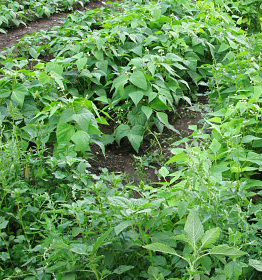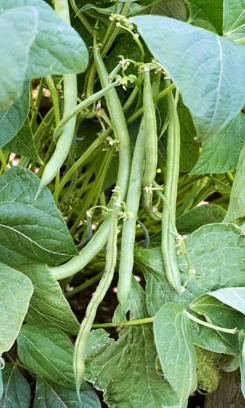Summary
Investigator: James Nienhuis, University of Wisconsin-Madison, Madison, Wisconsin
Project location: Wisconsin
In partnership with growers, Lakeside Foods, Inc., Pure Line Seeds, Inc., the MWFPA, and the University of Wisconsin-Madison, the objective of this proposal is to integrate technologies, strategies, and experience in a two-step process to determine the optimal levels of genotype, fertilizer type, fertilizer rate, seed treatment, and seed source to optimize benefits and reduce risk associated with organic snap bean production in Wisconsin.
Specific objectives are to:
- Identify UW root rot resistant genotypes that are best adapted to organic production. In addition to pod quality characteristics, early emergence and maturity are critical to out-compete weeds that will be controlled by conventional cultivation only;
- Identify the optimal level of nitrogen provided by composted chicken guano or from nitrogen credits provided by incorporating previous season alfalfa;
- Validate control of seed corn maggot using OMRI approved Entrust insecticide;
- Develop a package of best management practices based on optimal combinations of genotype with management of root rot, seed corn maggot and nitrogen;
- Validate best management practices in cooperation with growers, processors, and the MWFPA.
- Produce organic seed of UW root rot resistant cultivars with Pure Line Seeds, Inc., Moscow, ID
The best management practices will be validated with fresh market and larger commercial organic farmer cooperators and commercial snap bean processors. Information will be provided and exchanged with growers and processors in annual field days and formal research meetings of the MWFPA.


